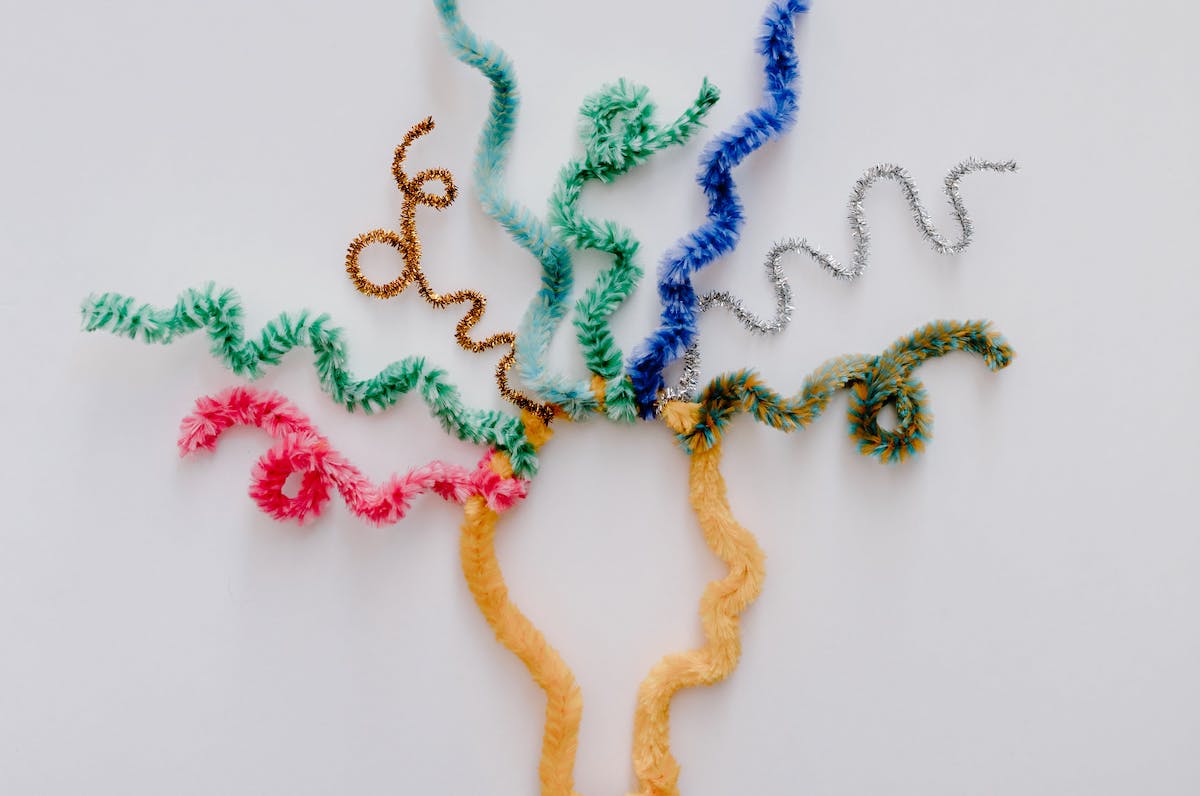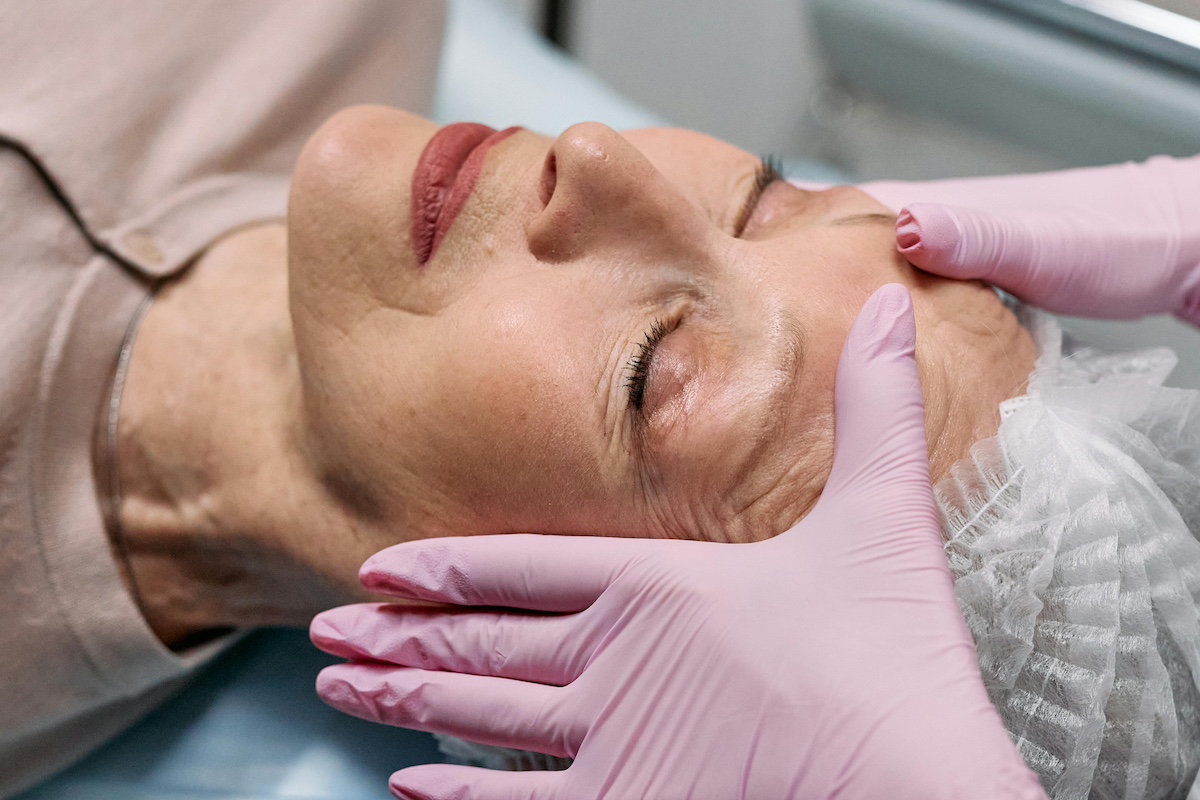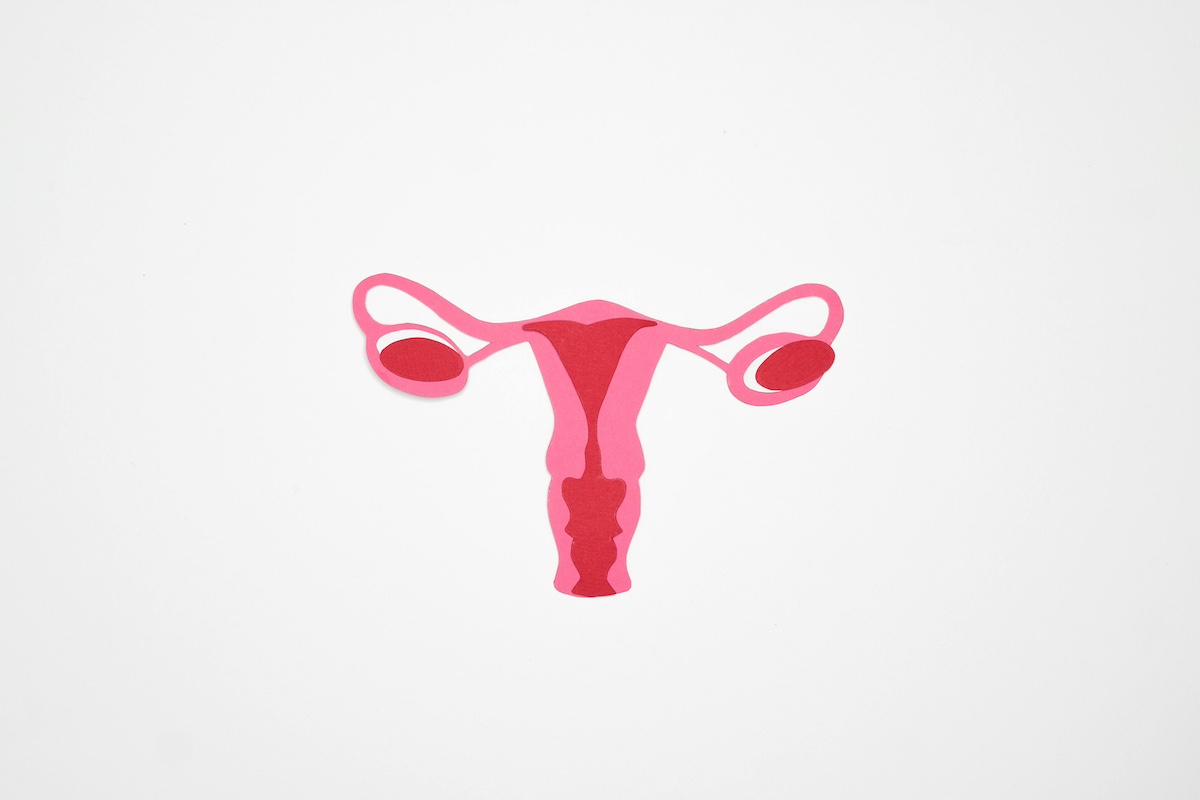When I was young, I had elevated levels of testosterone, and I do have a lot of hair on my upper lip and chin/neck. However, I have never had cysts on my ovaries and got pregnant very easily. Because I have the first two symptoms, does it automatically mean I have PCOS?
—Hormonally Hairy
Many women come to me because they are trying to understand if they have polycystic ovary syndrome, or PCOS. Often they have some symptoms — either body hair growth, scalp hair loss, acne, or irregular periods. Often they have been told by one doctor that they have PCOS and by another that they don’t. By the time they reach my office, they are confused.
The root of all this confusion is twofold: the name of the syndrome is misleading (see below), and a diagnosis of PCOS is made on a clinical basis, meaning there is no one lab test or radiology test that says a woman does or does not have PCOS. Basically, doctors like me are supposed to rule out some other diseases that can cause similar symptoms and consider your overall presentation and come to a conclusion. It isn’t surprising that we disagree sometimes.
Add to that, different medical groups define PCOS slightly differently. The National Institutes of Health defines PCOS as irregular or absent ovulation and signs of high male hormone levels. Many doctors use what’s known as the Rotterdam criteria, which have been updated over the years. Most recently those criteria define PCOS as having two of the following: evidence of high male hormone levels in the blood or in the form of excess body hair growth, scalp hair loss, or acne; infrequent or absent ovulation, which many women will experience as irregular or absent periods; characteristic cysts on the ovaries.
If you have irregular periods and signs of high male hormones, you do not need to have cysts to meet those criteria. In fact, not all women with cysts have PCOS and not all women with PCOS have cysts.
I would argue on some level that whether or not you have PCOS should not impact your treatment. Hear me out. PCOS is a syndrome — just a constellation of symptoms that are often seen together — not a disease. We do not really understand what causes it, and we cannot cure it. We manage PCOS by treating the symptoms that bother you, and we would treat them the same way whether your symptoms are caused by PCOS or not.
Regardless of whether you have PCOS, if your symptoms are bothering you, you should discuss treatment options with your doctor.
Community Guidelines




















Log in